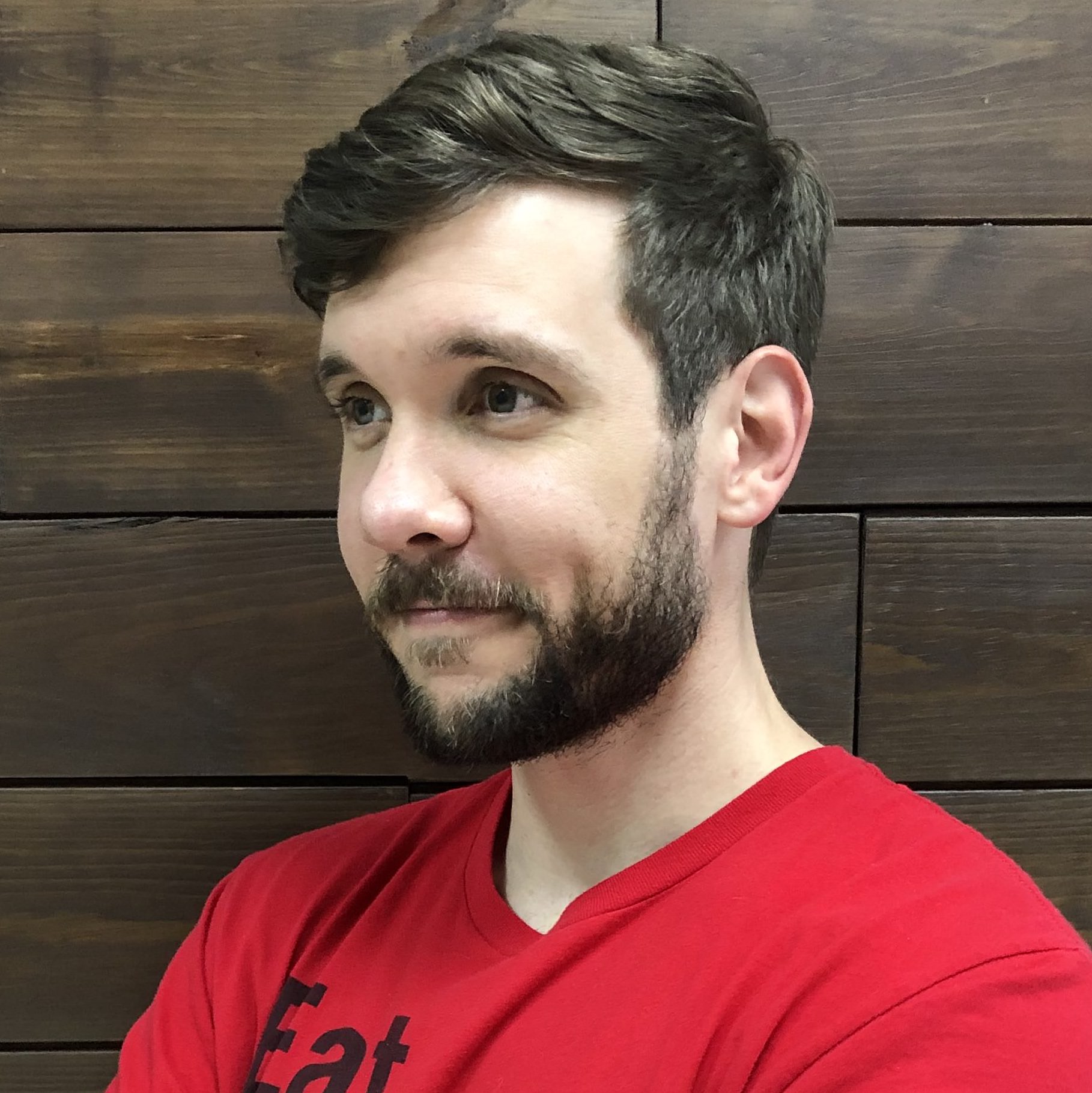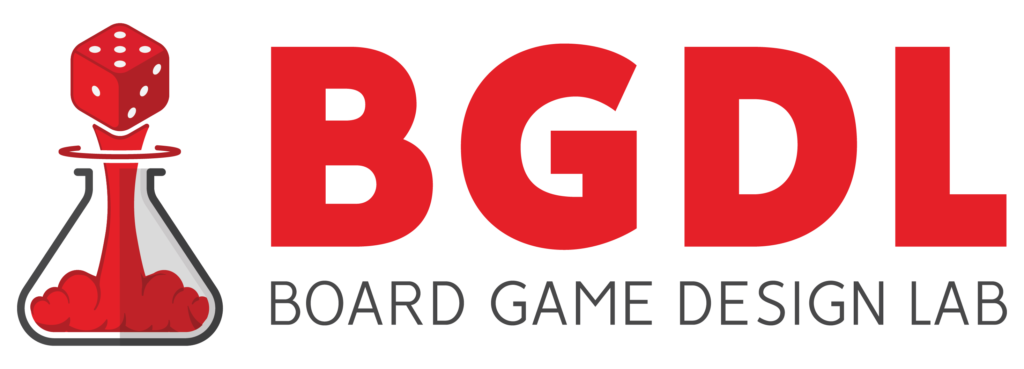Subscribe to the BGDL email list to get exclusive resources and chances to win free games!
Why Game Design Matters


Games can change the world one table at a time.
When you’re spending a lot of time designing games, it can often be easy to say something along the lines of, “What’s the point?”
With so many terrible things happening around the world and with so many worthy causes to put our time toward, it can seem like game design is less important or less impactful.
However, I firmly believe that games have incredible power to change the world and truly make a difference in people’s lives. So, I put together this post with a few stories of ways I’ve personally seen board games make a huge difference in the world.
So, if you ever feel like designing board games is a waste of time compared to other things you could be doing to make a difference, please remember these stories and remember that games can have an incredible impact.
“The best way to create meaning in your own life is to help other people do things that are meaningful.”
Board Games and Cancer
(If you’d rather read the transcript of the video, here it is:)
Because of the board game design lab, I get a lot of opportunities to talk to people about games and game design.
And the same questions come up quite a bit: Why do board games matter? Why is game design important?
And while there are a million different answers to those questions, I want to share two in particular with you. One of those is an audio story below this video about an experience I had working with the homeless in downtown Atlanta and how I saw board games really improving and enriching people’s lives. Playing games, getting to know each other, hanging out and building relationships–things like that.
I submitted the story to the Dice Tower podcast a while back, and they read it on the show, and it’s just a really cool experience I had. And I think it’ll shine some light on why games are important.
But I also want to share a story with you that I experienced recently about a very good friend who’s been dealing with cancer. He got diagnosed six years ago, and this is a guy who has had a huge impact on my life. He’s one of the reasons I am who I am and is one of the most important people in my life. And for six years, he’s just been battling through tons of surgeries, tons of chemo, tons of clinical trials, and at this point, they’ve exhausted every avenue of trying to beat the cancer.
And he’s to the point where about six months ago, the doctor gave him six months to live and called in hospice.
I was fortunate this summer to be able to just go spend some time with him. I spent several days at his house just hanging out and talking and laughing and telling stories and talking about life and talking about death and simply enjoying some time together.
And at one point he said, “Gabe, you’re into board games. Have you ever played a game called Ticket to Ride?”
And I said, “Yeah, man. I’ve played that one time or two.”
He then proceeded to tell me how much he loved Ticket to Ride and how much he loved playing it. Now, my friend is not what you would call a gamer He’s a Monopoly, Scrabble, Checkers, Tic-Tac-Toe kind of guy–not into board games as a hobby at all.
But someone had introduced Ticket to Ride to him, and he was just blown away by it. We talked about strategies and all these different things and how he had been trying to introduce it to other people in his family.
And it was really cool to hear him talk about it. Then, the next day, his brother came over to the house, and the three of us sat down and played to Ticket to Ride.
We played for about an hour. And what was so cool about that hour was that we didn’t talk about cancer. For an hour, my friend didn’t think about cancer. He didn’t think about being at the end of his life. He didn’t think about what his family was going to do when he was gone. He didn’t about the money and wonder if people were going to be okay when he wasn’t there. He didn’t think about not being able to walk his daughter down the aisle for her wedding.
He didn’t think about any of those things for that hour. What he thought about was trying to connect a train route from the east coast to the west coast and how he was going to do that and how he was going to play the cards he drew.
And even after the game was over, we spent thirty minutes talking about strategy and what happened in the game, what could have happened, and how you blocked me here and I cut you off there. For that time, we didn’t think about or talk about anything else other than this game about trains.
And one day I hope to cross paths with Alan Moon, the designer of Ticket to Ride, and I want to shake his hand and tell him thank you for helping my friend have a little bit better last few days of his life.
And that’s why board games matter.
That’s why designing great games matters.
It’s because games give us the opportunity to not think about whatever is going on in the world. They give us opportunities to come together and hang out and spend time together and build relationships and laugh and have fun and maybe not deal with some of the really big, scary things that are happening outside of that game.
That’s why I want to do things like the BGDL to help bring more people into gaming, and bring more people into game designing, so that we can all come together to create great games that people fall in love with.
So, hopefully you see the value in games, and hopefully you see how important designing is. And hopefully, you’ll get those games out of your head and onto a table so that maybe one day someone like my friend can play your game and it’ll make their life just a little bit better for that hour.
Want to level up your game design skills?
Board Games and the Homeless
(This story was originally published on The Dice Tower podcast several years ago. If you’d rather listen to the silky, smooth voice of Eric Summerer read it, you can do so HERE.)
During the summer, I lead mission trips for high school students to serve the homeless in Atlanta. One of my favorite things we do is cook up a big helping of pancakes and sit down at one of the local soup kitchens and eat with people.
We’ve found that, more often than not, people are hungrier for conversation and interaction than they are for food. And it’s amazing to sit and listen to the stories they have to tell.
One hot, summer day we headed downtown with enough supplies to feed around a hundred people. We had never fed that many before but we always took more than we figured we needed. However, when we arrived at the soup kitchen the parking lot was already packed with people. I don’t know why that particular day was any different from all the other days. But I knew we would be cutting it close on having enough food.
We headed inside and the students started cooking and setting up. After about 30 minutes, we opened the doors for the people outside to come in. The parking lot had swelled with even more people, but the good news was that we still hadn’t quite reached one hundred people.
Just in case, I sent a volunteer out to buy more pancake mix and supplies as the students started flying around. They were serving coffee, passing out plates of pancakes, and more importantly, sitting down and talking with people.
As time went by, more and more people were coming in. We handed out the last stack of pancakes as a wave of fifteen more people walked in. This was not good. I called the volunteer who had left twenty minutes ago.
No answer.
I walked up to the front of the room and got everyone’s attention. I thanked them all for being there and explained the situation. I assured them that more food was on the way and we would be serving again shortly.
A collective groan went through the room. Though the people there were homeless, many of them had jobs to get to or places to be. They came expecting to eat breakfast, and now there was none.
I understood their frustration. I remembered when I had lived on the streets of downtown Atlanta. I thought about the times when soup kitchens opened later than they said or didn’t open at all. I remembered standing in a parking lot for hours to only be let down and have to find food somewhere else.
My heart sunk, but then my phone rang. It was the volunteer who had gotten lost but had found the grocery store and would be back in just a few minutes!
That was good news, but we would still need time to cook. I needed something to help pass the time. One of the men who helps run the soup kitchen walked up, and I asked if he had any ideas. He brought out a big cardboard box that had been donated a few days before. I opened the box to find board games. Jenga, Connect-4, Battleship, and the like. I looked at the guy with a puzzled look.
“You think this will work?” I asked.
“It’s worth a shot,” he said.
I went back to the front of the room with the box. I got the people’s attention once more and asked if anyone wanted to play a board game. T
here was a long silent pause while they looked at me like I was a little bit crazy.
But then a man in the back of the room raised his hand. He said, “I bet there isn’t a person in this room that can beat me at battleship.”
A woman across the room chimed in, “Bring it on chump!” She walked up to me and took the game.
A table of people next to me asked for a box of Jenga, and a young man walked up to get Connect-4. Slowly but surely, the box emptied, and the room was filled with games, laughter, trash talk, and the unique sound of Jenga blocks crashing to the table.
A little while later, we started serving pancakes again, and everyone that walked in the door was fed.
But then something strange happened.
No one got up to leave.
Normally, people eat, hang out and talk for a little while, and then leave. But on that day folks just kept playing games long after they were done eating.
They were simple mass-market games, but they had tapped into something that had been missing from the lives of the people in that room.
Ever since that day, every time we go to that soup kitchen to serve pancakes, we make sure to have plenty of games with us.
And I have to say there are few better sites in this world than seeing people sharing a meal and playing a game together.
It might just be pancakes and Jenga, but there is something special about getting people to the table. It takes people from all walks of life and shows them we’re really not that different.
All anyone really wants is someone to eat with and share stories with, someone to talk to and share life with, someone to make them not feel invisible.
I’m not going to sit here and say that board games can solve homelessness or anything, but maybe they tap into the thing that does.
Board Games and Orphans
When I first moved to Honduras, I spent eighteen months working at an orphanage. It was a massive organization with over 500 kids from 0-20 years old.
I brought a handful of small, easy to learn games with me, and we translated them into Spanish so that the kids could understand them.
The Batman version of Love Letter was a particular favorite, and everyday, when the boys I was in charge of came in from school, they had one request: Batman, por favor.
It gave them a chance to be clever — to compete — to win — to be Batman. They got to be recognized and feel like an individual instead of just a number in a massive institution.
It was great.
Conclusion
Games affect us in incredible ways. They give us opportunities to build relationships and to feel good about ourselves. And that’s why game design matters so much. As designers, we get to create memorable moments for others to enjoy.
So, don’t take game design lightly. Instead, lean into the responsibility of putting together experiences for others to remember for years to come.
“A year from now you will wish you had started today.”
— Karen Lamb
